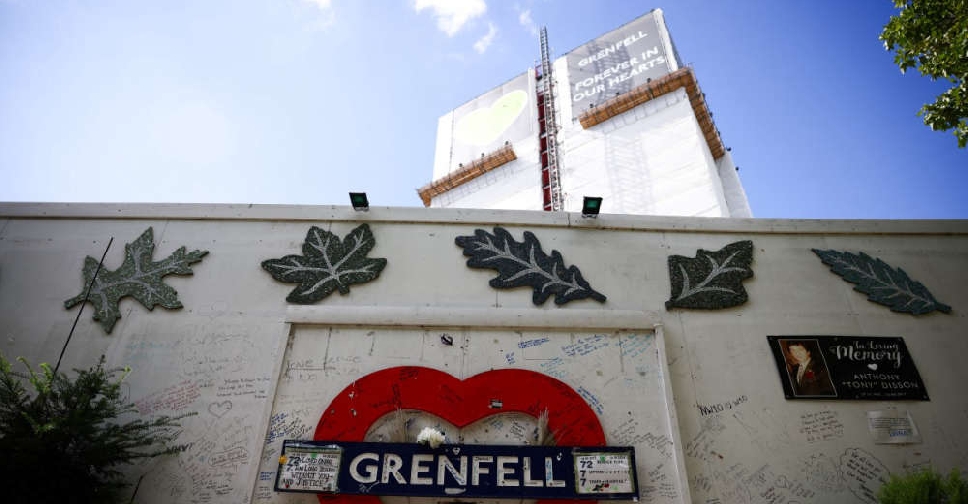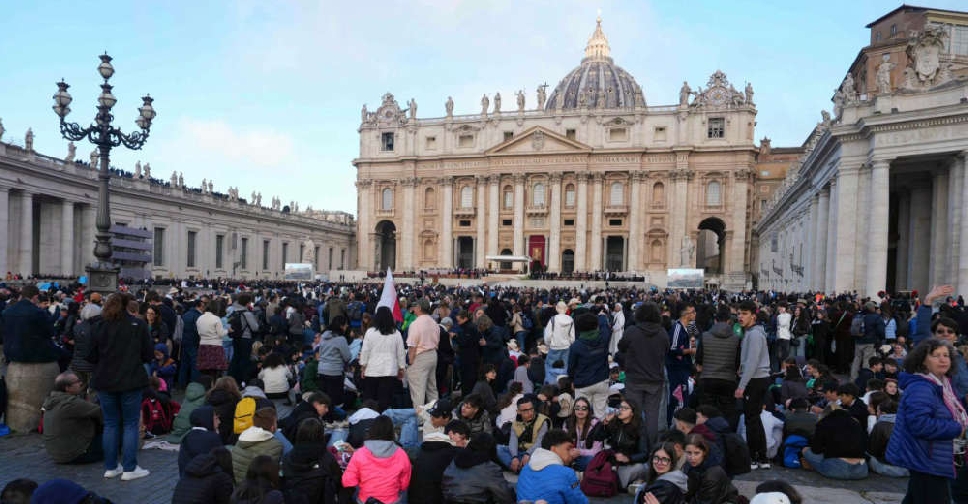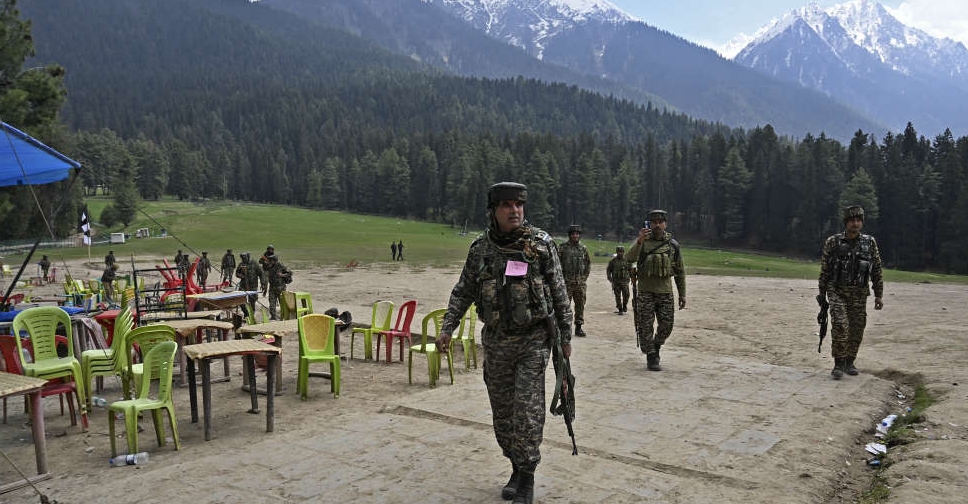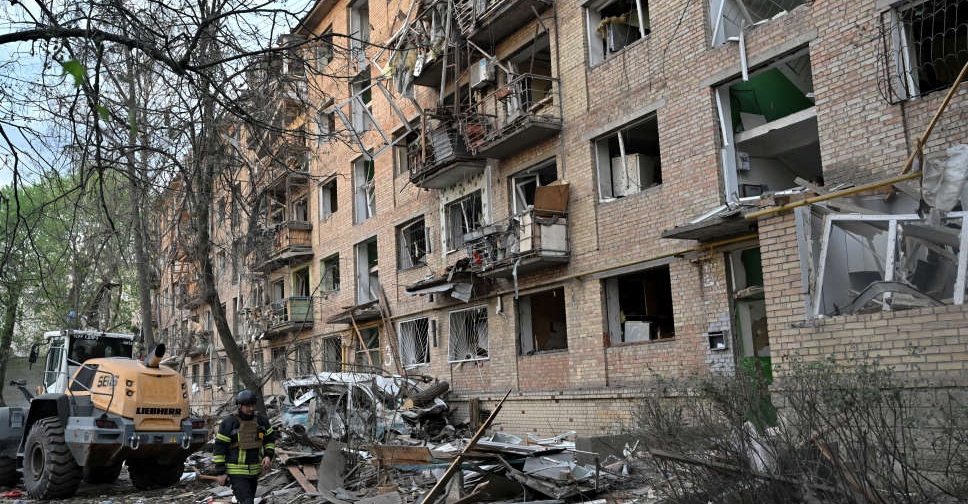
A review of over 100 buildings in the UK has found that contractors who fitted cladding panels that didn't meet fire-safety standards when installed have largely escaped financial liability. The findings come seven years after the Grenfell Tower blaze in London.
When the deadly Grenfell Tower blaze in 2017 led to revelations that high-rise public housing buildings across Britain were wrapped in flammable cladding, the government vowed the building contractors responsible would pay for their negligence.
Seven years on, contractors who fitted cladding panels that didn't meet fire-safety standards in place when installed have largely escaped financial liability, according to a Reuters review of more than 100 buildings.
Cladding is a skin of insulating materials applied to the walls of a new or existing building to improve its thermal performance. The Grenfell Tower blaze, which killed 72 people, raised public awareness that thousands of buildings in the UK were clad in flammable materials.
To quickly tackle the problem, the British government put up much of the money to allow the replacement of flammable cladding on subsidised public housing. Then, to recoup the taxpayer money spent, the housing ministry said it would work with the buildings’ owners to encourage legal claims against contractors who installed defective cladding.
Under UK law, the owner of a property that has been refurbished in a way that doesn't meet building regulations in place at the time, can sue the contractors and designers responsible, and in some cases the manufacturer of the materials used, for the costs of remediation.
The Reuters review identified 103 public housing buildings, owned by 26 local councils and not-for-profit housing associations, which had cladding of a type deemed to be non-compliant by the government, the courts or the public inquiry into the Grenfell fire.
Only five of the 26 owners - responsible for 25 of the 103 buildings - said they had sought some compensation from the companies that installed their flammable cladding. Three were successful in recovering some money while two are still in mediation with contractors in cases that haven't reached court. The total money recovered comprised just 13 per cent of the over AED 1.1 billion ($325 million) it cost to reclad the 103 buildings, Reuters found.
Four lawyers who have represented both building owners and contractors in post-Grenfell cladding cases told Reuters that the rules of the funds the government created to disburse money for remediation inadvertently created disincentives to sue errant builders. If public housing bodies win litigation against contractors, the proceeds must be given to the government, under the rules, while the legal costs of a losing battle have to be shouldered alone.
The National Housing Federation, which represents social housing bodies across Britain, said the government could have increased the number of claims by covering litigation costs and providing legal guidance.
Reuters found no evidence of a deliberate plan by the government to discourage compensation claims.
Still, the Ministry of Housing, Communities and Local Government said its national recladding scheme prioritised rapid removal of dangerous cladding over the recovery of costs from contractors. It declined to comment on the criticism that its rules disincentivised lawsuits against those responsible or answer questions about the level of claims against construction firms. It also didn't comment on whether it would amend the rules of its cladding schemes to facilitate more claims to help recoup taxpayer funds.
The Reuters analysis is the first broad review of the extent to which contractors have contributed to the recladding of public housing buildings to which they attached non-compliant cladding, and reveals how few cases have been brought against contractors.
Giles Grover, co-lead of the End Our Cladding Scandal campaign, which comprises groups representing tenants affected by the national crisis, said the low number of compensation claims identified by Reuters came as a disappointment.
"It's frustrating that contractors have not paid to fix these blocks, despite all the promises from the government that it would make them pay," he added.
The Grenfell disaster in Kensington killed dozens of residents when the building's plastic-filled exterior panels turned a small fire in one apartment into an inferno that consumed the 24-storey high rise in West London.
The government said in 2017 the panels used did not comply with the regulations in place when installed. The official inquiry, which published its final report in September, agreed and noted that none of the companies responsible even argued that the cladding met the regulatory requirements.
After the fire, inspections by local councils and housing associations, which provide subsidised housing to lower-income families, found that similar panels, and other forms of cladding that didn't meet fire regulations, had been installed on buildings across the country.
Over 700 public housing buildings had their cladding replaced following the Grenfell disaster, while about 1,800 still need to be made safe, the government's spending watchdog said in November. The total cost of remediation will exceed 18.2 billion ($4.9 billion), according to government figures.
The watchdog noted that as the public housing owners don't have the cash available, the government may be on the hook for the bill.



 Royalty, world leaders join multitude of mourners at Pope Francis' funeral
Royalty, world leaders join multitude of mourners at Pope Francis' funeral
 Jeffrey Epstein accuser Virginia Giuffre dies, her family says
Jeffrey Epstein accuser Virginia Giuffre dies, her family says
 Indian army chief to visit Kashmir in aftermath of Pahalgam attack
Indian army chief to visit Kashmir in aftermath of Pahalgam attack
 Trump tells Putin to 'stop' after Russian attack kills 12 in Kyiv
Trump tells Putin to 'stop' after Russian attack kills 12 in Kyiv
 Pakistan closes air space for Indian airlines
Pakistan closes air space for Indian airlines







